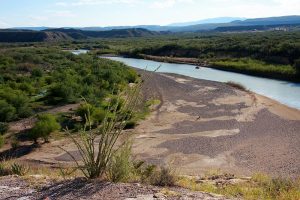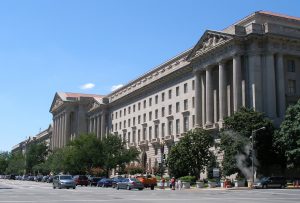Lake Michigan and the Chicago Megacity in the 21st Century
I have previously written in this space about the difficult water policy issues facing “megacities,” generally defined as cities with a population of over ten mill ion people. Meanwhile, the Law School, working in partnership with the Milwaukee Journal Sentinel, has taken an increasing role and interest in studying various aspects of the “Chicago Megacity,” the region stretching from the Milwaukee area, across metropolitan Chicago, and into northwest Indiana. For example, see here, here, here, and here for discussion of a variety of issues such as economic development, transportation, and education.
ion people. Meanwhile, the Law School, working in partnership with the Milwaukee Journal Sentinel, has taken an increasing role and interest in studying various aspects of the “Chicago Megacity,” the region stretching from the Milwaukee area, across metropolitan Chicago, and into northwest Indiana. For example, see here, here, here, and here for discussion of a variety of issues such as economic development, transportation, and education.
We are excited to announce that on April 17, the Law School and the Journal Sentinel will continue those efforts, hosting a conference titled “Lake Michigan and the Chicago Megacity in the 21st Century.” The event is free and open to the public, but advanced registration is required; find out more and register at this link. More details about the conference follow.


